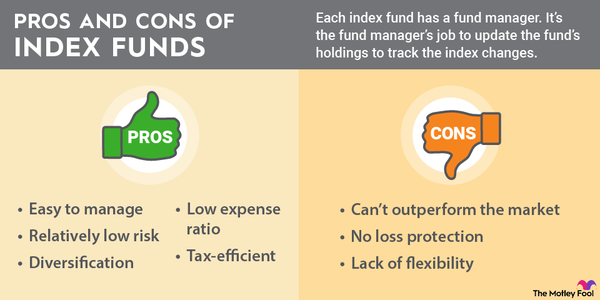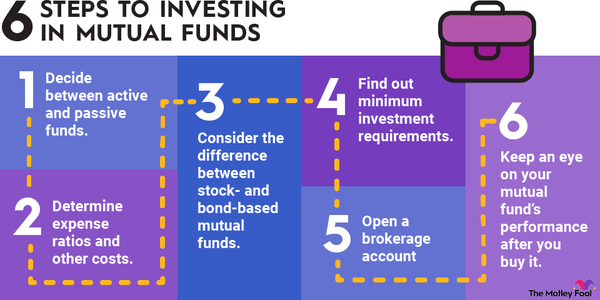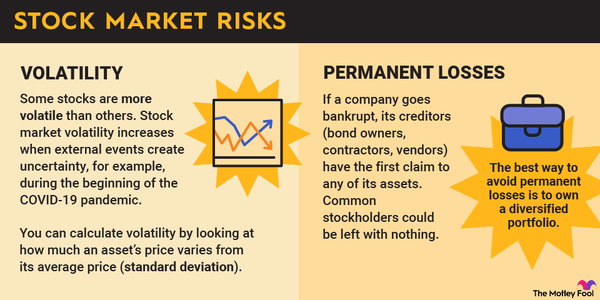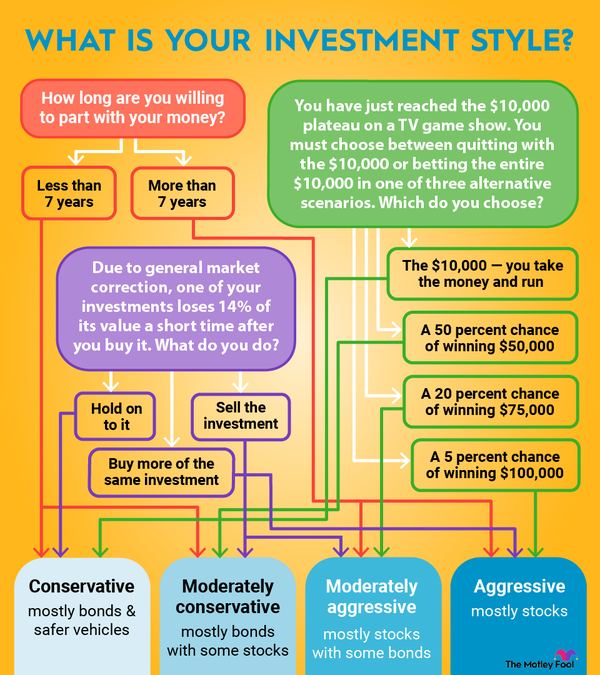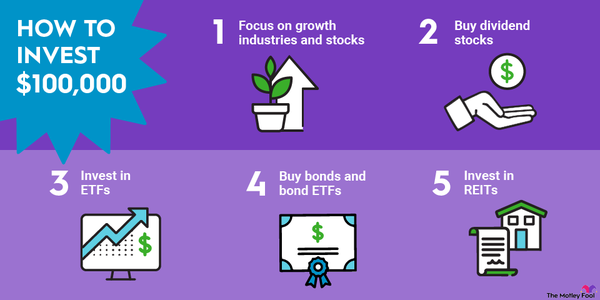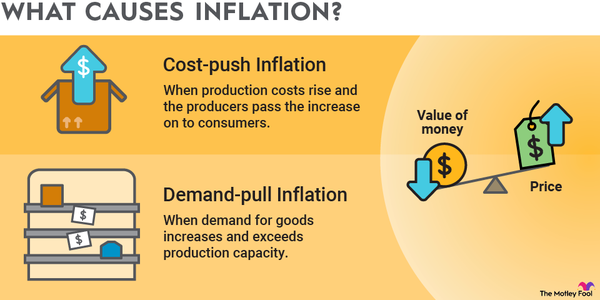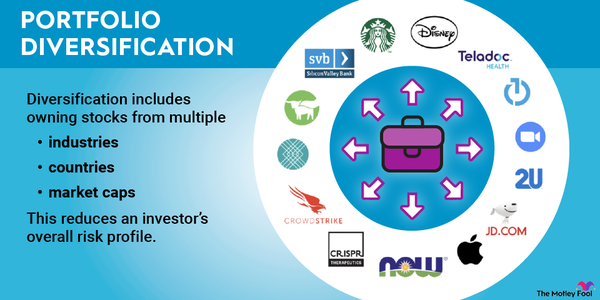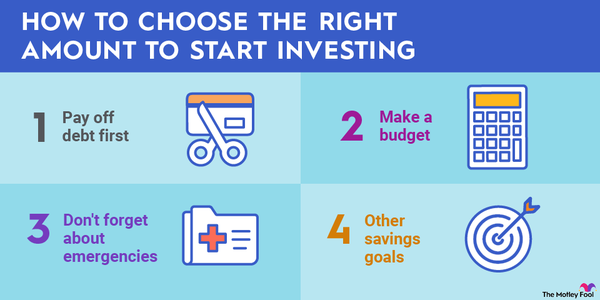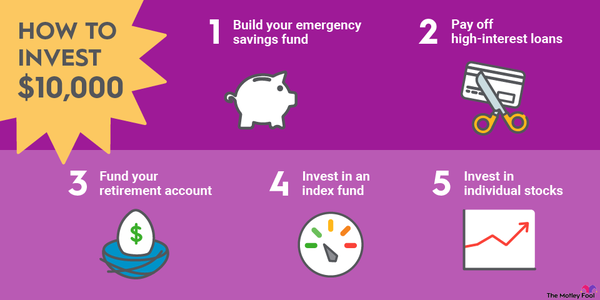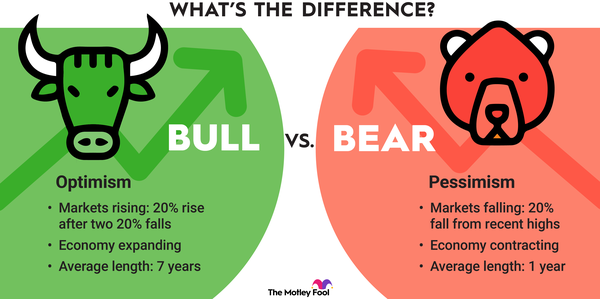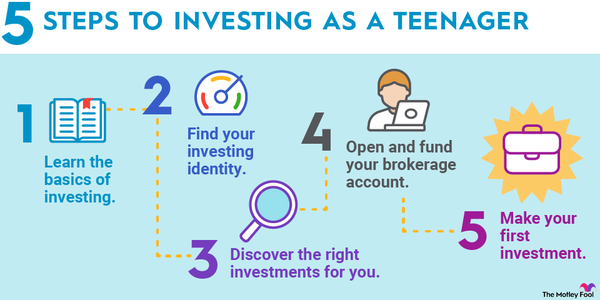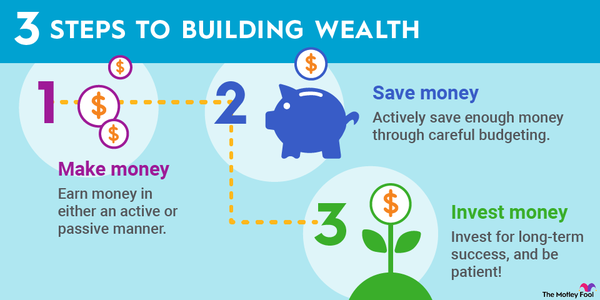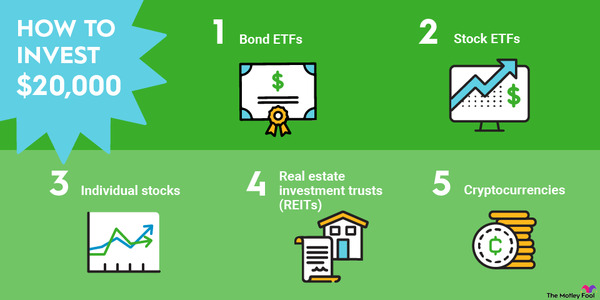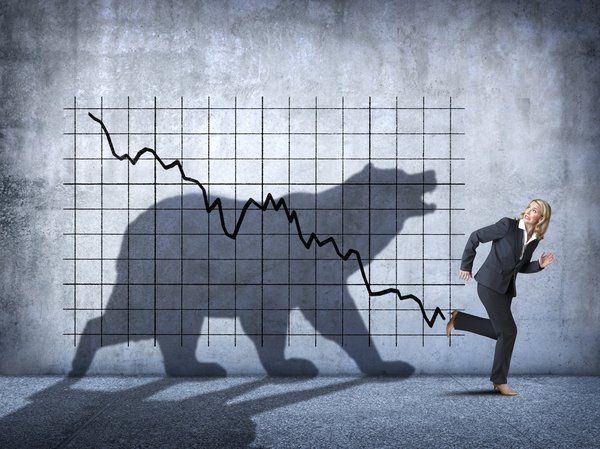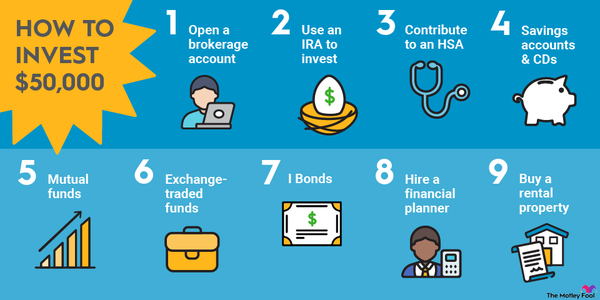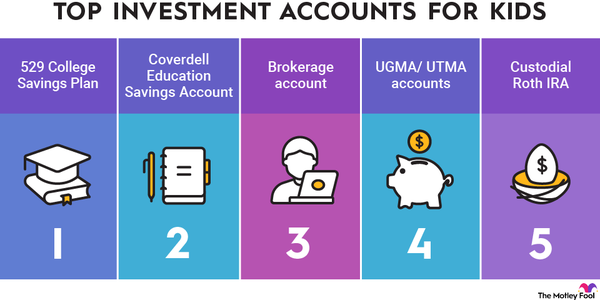Impact investing has gradually become a common practice over the past decade. Many people have grown wary of investing in companies that provide products or services that are detrimental to society. Impact investing seeks to allay their concerns.
Through impact investing, you're able to put your money toward helping companies that do some form of social good. Whether it's through creating new and sustainable food sources, producing clean and accessible water, or developing alternative sources of energy, impact investing can offer great benefits to society and investors.
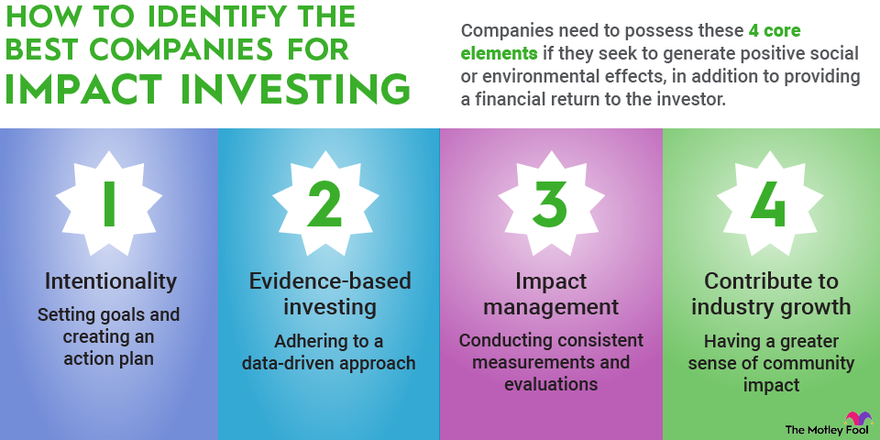
What is impact investing?
Impact investments seek to generate positive social or environmental effects, in addition to providing a financial return to the investor. The point of impact investing is to divert money to causes that have been deemed societally or environmentally beneficial.
In recent years, impact investing has gained significant notoriety and popularity. Many investors — especially young investors — have voiced concern about investing in funds (such as broad market index funds) that hold shares in companies that may be harmful to society at large. For instance, total market funds generally will hold some investments in oil companies or other companies that contribute to climate change.
Understanding the elements of impact investing
While impact investing can have a number of far-reaching effects, much of it can be reduced to four core elements:
- Intentionality. When you're intentional about something, you do it on purpose. Fixing society's ailments is not something that will happen by accident. Impact investing must be something we do consciously. Intentionality involves setting goals and creating an action plan. Impact investing typically includes companies that have made a commitment to societal good and have a plan to reach their goals.
- Evidence-based investing. Companies that appear to be socially or environmentally conscious must use empirical research and data to prove their social and financial worth to investors. Impact investors go where the data takes them rather than their own preconceived notions or assumptions. Companies included in impact investing funds should adhere to a data-driven approach.
- Impact management. In the impact investing space, many iterations are often required before a final — or even acceptable — product or service is viable. Companies experience "feedback loops" that require consistent measurement and evaluation both to amplify positive results and mitigate unintended or negative consequences.
- Contribute to industry growth. Impact investors are certainly in it to make money over the long term, but there is often a greater sense of community impact through sharing non-proprietary information. This can mean sharing research results or other positive and negative lessons that save time for future investors.
3 different types of impact investments
Three of the major types of impact investments include:
- Education
- Agriculture
- Healthcare
Within the education realm, investments typically attempt to reduce inequities in teaching and learning outcomes.
Agriculture-focused investments are made in companies seeking to enhance food security, provide clean water to hard-to-reach areas, or increase food production in climate-affected regions. Agricultural technology, for example, can play an important role in delivering societal and environmental benefits.
Healthcare is another sector where impact investing is extremely relevant. Given the backdrop of a global pandemic, the usefulness of healthcare impact investments cannot be overstated. Socially responsible healthcare companies work on problems such as pandemic readiness and medication and treatment delivery, as well as on researching emerging diseases.
Socially responsible, ESG, and impact investing
Socially responsible investing (also known as SRI) and ESG investing (also known as environmental, social, and corporate governance investing) are quite similar to impact investing, but there are some subtle differences between them.
SRI can involve excluding investments that conflict with the investor's values. This is a simple way to screen for investments since an investor primarily interested in preserving the environment might exclude any company that makes money by promoting fossil fuel consumption. Conversely, SRI also can promote the inclusion of companies that match the investor's values — for example, renewable energy companies.
ESG investing involves analyzing companies to figure out if they adhere to specific metrics. These can include environmental data (greenhouse gas emissions), social data (employee turnover), and governance issues (total executive compensation). A deep dive into a company's balance sheet, as well as its underlying culture, is often required when it comes to ESG investing.
Impact investing is closely related to, but slightly different than, SRI and ESG investing. Impact investing focuses specifically on the relationship between the investor's capital and the positive, measurable impact that certain investments may have. In some cases, profits can be a secondary priority, depending on the desired impact. For example, impact might be measured by a reduction in disease, an increase in sustainable food production, or an attempt to correct societal ills that public services have been unsuccessful in addressing.
3 examples of impact investing
- Triodos Investment Management: Triodos is a Netherlands-based hedge fund that seeks to make impact investments centered on four key themes: energy and climate, financial inclusion, sustainable food and agriculture, and impact equities and bonds. Triodos is a founder of the Global Impact Investing Network. Based on its most recent impact report, Triodos is responsible for providing clean electricity to 250,000 households and reducing landfill waste in its relevant investment areas by 41%.
- Gates Foundation: Not all impact investors are investment managers — some are non-profit foundations. The Gates Foundation says its investment goals are designed to "ensure that all people no matter where they live have the chance to live a healthy, productive life." Foundations don't seek to earn a profit, but they do attempt to tackle the world's most entrenched issues by putting each dollar to work in the most effective way. The Gates Foundation is specifically known for helping the world's poor and contributing to global health causes.
- Ford Foundation: Created by the family of renowned automaker Henry Ford, the Ford Foundation operates as a separate entity from the better-known Ford Motor Company (F -1.92%). The Ford family donated an enormous amount to philanthropy, and the Ford Foundation seeks to advance human welfare through impact investments. In 2020, as a response to the COVID-19 pandemic, the Ford Foundation made history by offering the first social bonds for sale by a foundation in the U.S. taxable bond market. The bonds were used to make grants to struggling groups and also allowed Ford to pay out 10% of its endowment value in both 2020 and 2021.
Related investing topics
Why make an impact investment?
Many people are passionate about having their investments reflect their internal values. There is an inherently good feeling that comes with putting your money to work in companies that seek to do good for society as a whole.
One risk of impact investing is attracting attention. Fund managers and investment companies are able to use the attention to market sustainable investments to a broad audience, ultimately attracting assets. Then they're able to apply fees to manage those assets.
Before investing any money in a sustainable fund, it's always good to know how much you're being charged, as well as the underlying holdings of the fund. Sometimes the holdings of sustainable funds are nearly identical to those in broad market index funds. As always, be careful before investing!
Connecting money to societal outcomes represents an emerging school of thought. Money can and should be used for more than building wealth, and sometimes society needs to come before profits. While financial returns are certainly a goal, ensuring that each dollar creates maximum impact will always be a priority in the impact investing world.











